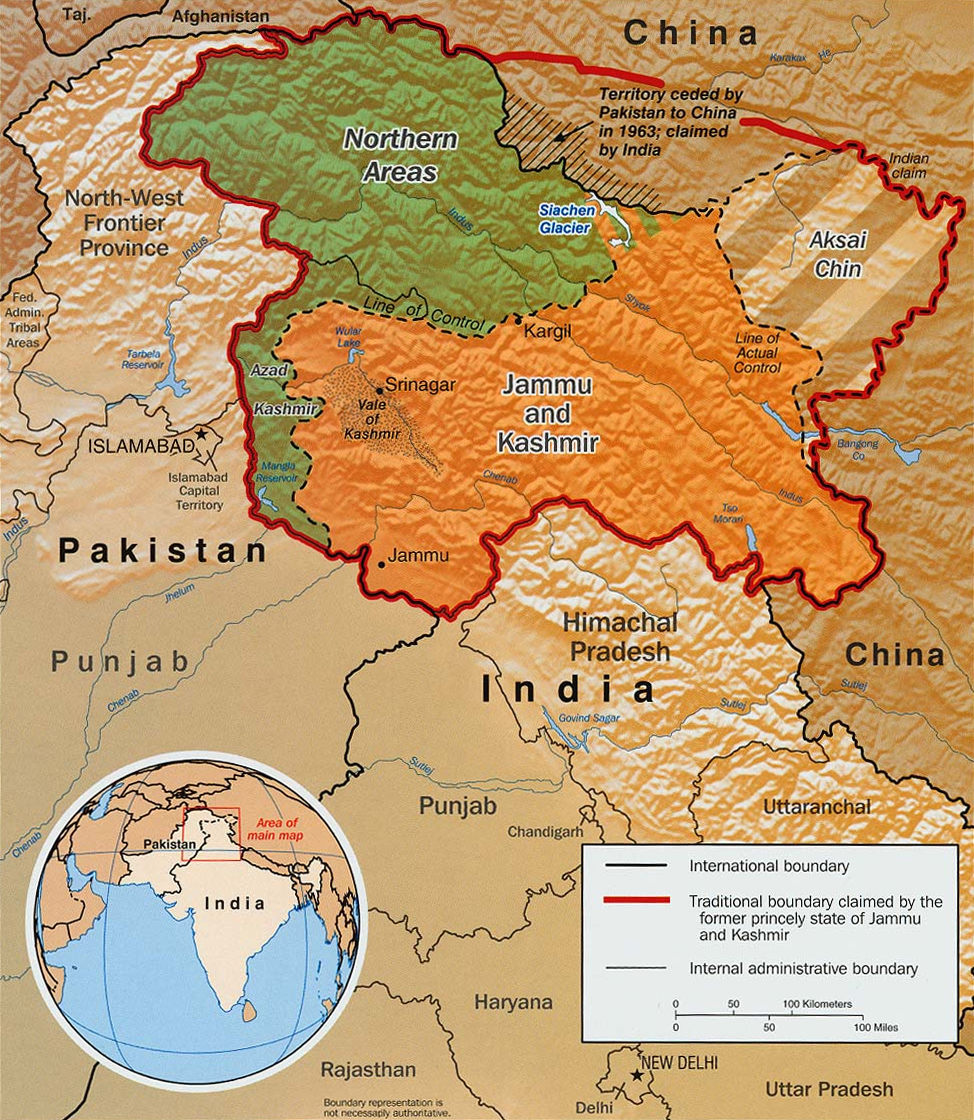While that description can be applied to Israel and Palestine, I was actually trying to describe the conflict between India and Pakistan. Hm, I and P, another similarity!
I've been writing essays for a couple of classes on the conflict between India and Pakistan. I never knew how similar it is to the conflict between Israel and Palestine!
There are, however, significant differences. Some of the differences don't make sense and have left me wondering why they exist.
There were about 800,000 refugees from the 1948 war in Israel/Palestine. There were 12-14 million refugees from the 1948 war between India and Pakistan. Whereas Palestinian refugees are granted refugee status in perpetuity (meaning all of their descendants are also considered refugees), those from India and Pakistan are not granted such status. Palestinian refugees are the only refugee group that have refugee status in perpetuity. Why is that? or, Why aren't all refugees given refugee status in perpetuity?
The UN Security Council has published dozens of resolutions against Israel and their occupation of Palestine. 1971 was the last time that the UNSC had a resolution regarding India and Pakistan. They didn't even have a single resolution in 1999 when the two countries, both having nuclear weapons, were at war. Why is that?
Also, why has the UN advocated so strongly for an independent Palestine, but not an independent Kashmir?
I know that I grew up in an Israel/Palestine focused family. It doesn't, therefore, surprise me that I was less aware of other conflicts in the world. Did others know about the India/Pakistan conflict though? Was it as prominent in the news and in debate as Israel/Palestine?
Why does the disparity exist in how much attention, recognition, and public concern is directed between these two very similar conflicts?

No comments:
Post a Comment